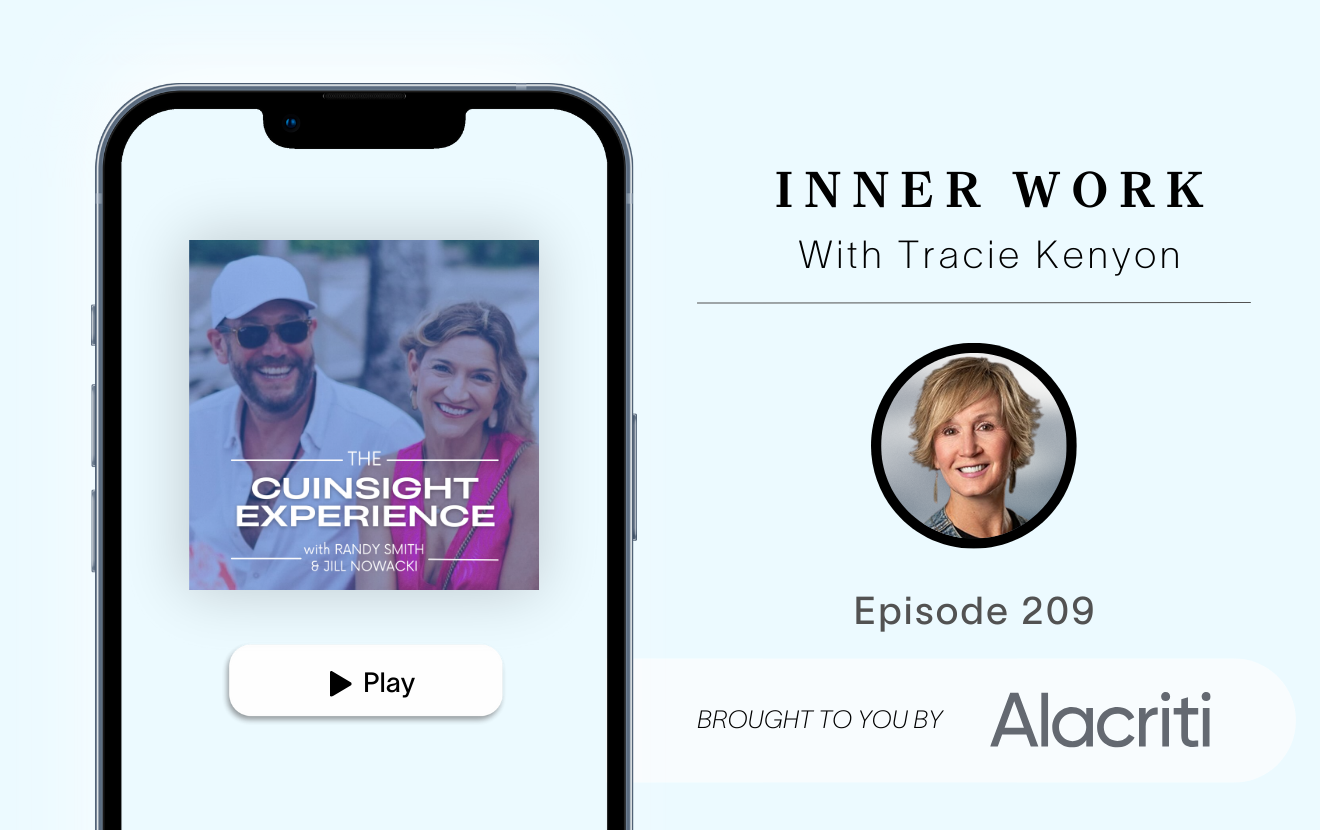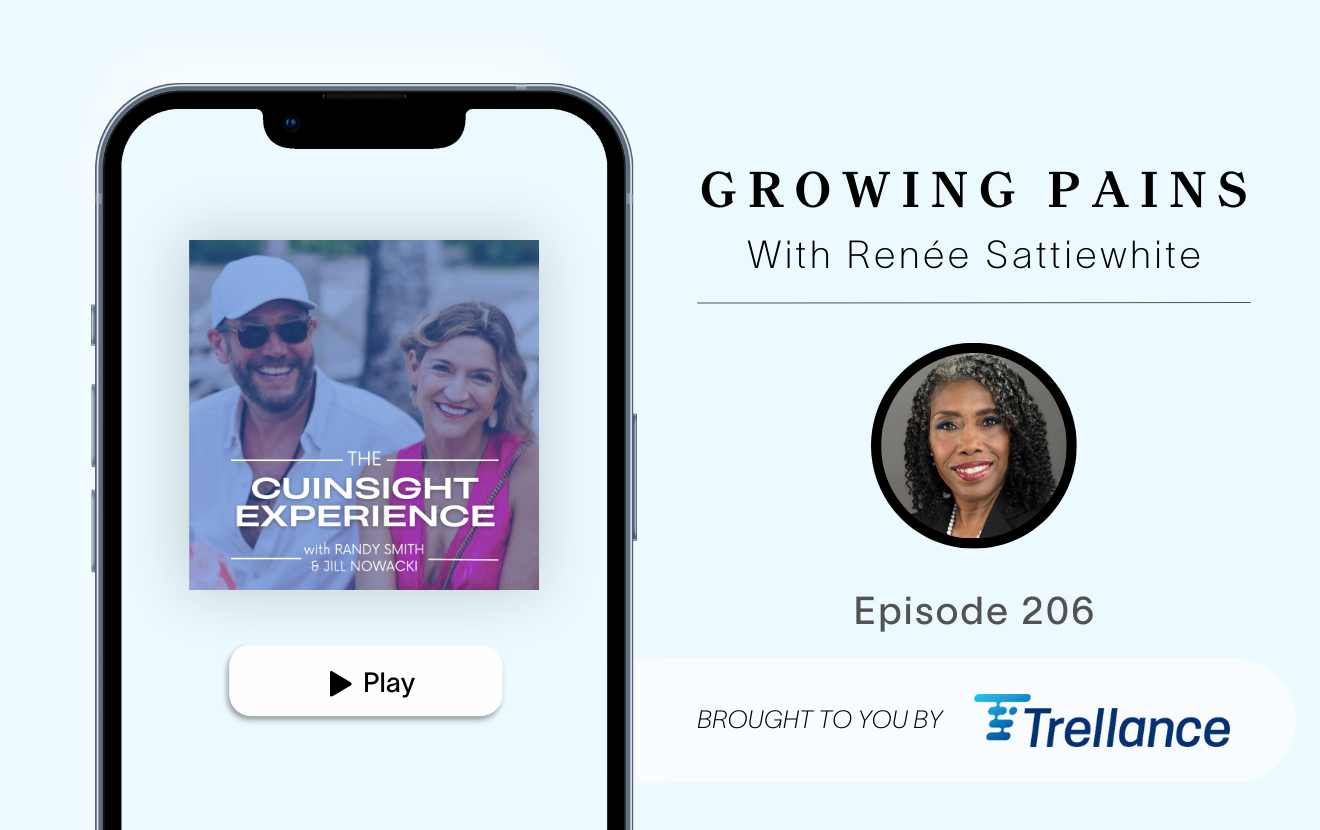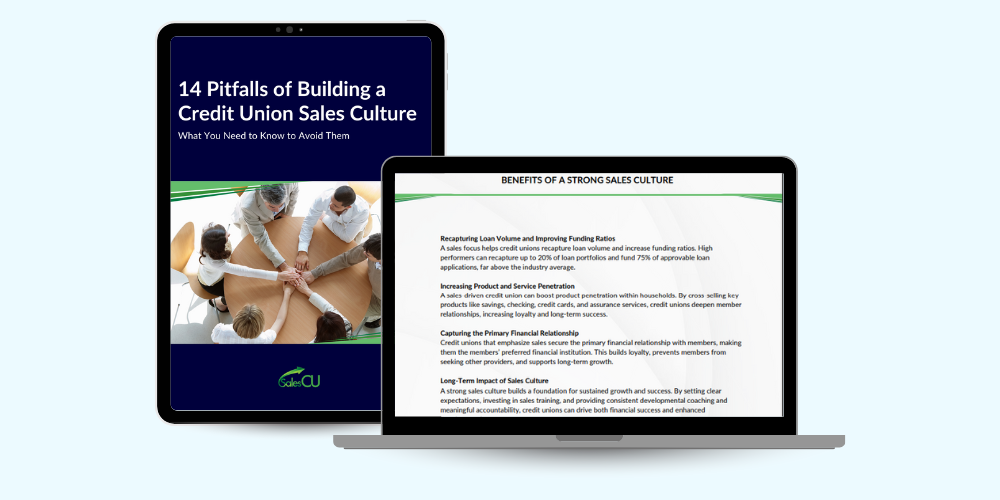There’s nothing like a story to make you lean in, listen up and pay a bit more attention.
Branding experts have been encouraging companies to tap into the power of storytelling for years. And it’s hard to argue with this quote from Peter Guber—who’s the chairman and CEO of Mandalay Entertainment, a company with 50 Academy Award nominations to its name:
Stories give color and depth to otherwise bland material, and they allow people to connect with the message in a deeper, more meaningful way.
In the marketing industry, “storytelling” is nothing new, and in recent years has even attained groan-worthy buzzword status. But despite all the buzz, there still seems to be a widespread lack of understanding over what actually constitutes a story.
Too often, what’s being positioned as a story is little more than facts and figures arranged in a sort-of-a-story format. In her great article, Why Most Financial Institutions Flop When Using Stories for Marketing, Amber Buker points out that many organizational stories lack the three essential ingredients a real story requires:
- Characters—people who want things
- A story arc—a beginning that grabs you and makes you lean in (the “hook”), a middle that builds connection through the main character’s journey, and an end that provides resolution.
- Change—a specific moment (or moments), after which things are different.
Do your “stories” pass the story test?
In too many—and maybe even most—cases, organizations tend to put the focus of their story on themselves. It’s the credit unions who are the protagonists and heroes. Website homepages often use “we” language — here’s what we’re about, here’s what we offer, here’s what we do.
A more effective approach? Switch your focus.
Instead of pseudo-stories about your credit union, your history and your amazing moments, make your members the hearts and heroes of your story. What do they want? What’s in their way? How do they ultimately get there?
Many credit unions are quite good at gathering testimonials. These can be effective, but don’t try to pass them off as stories. Though testimonials feature your members, they still tend to position your credit union as the hero.
But a testimonial or online review can be a starting point. Here’s a simple framework—inspired by Andy Paul, author of Zero-Time Selling—that can help you turn a member testimonial or online review into a story:
- What was your problem (and how did it make you feel)?
- Why did you become interested in the credit union?
- What was the value you received (and how did it make you feel)?
Let’s take a look at how these financial institutions — all PixelSpoke clients — have gone beyond testimonials to harness the power of storytelling.
Clearwater Credit Union features Impact Stories to capture how they’re building inclusive economies, empowering people and protecting the environment. Their Missoula Compost Collection story is a powerful example of helping a community reduce its waste by helping a small business succeed:
Problem: Business owner Sean Doty was inspired to start his business, Missoula Compost Collection, after realizing that over 70,000 tons of compostable waste, one third of the total, went into Missoula’s landfills every year. He realized that composting could play a significant role in getting Missoula to zero waste by 2050, but he needed financing for equipment and start-up costs.
Why he came to Clearwater: Sean doubted that the big banks would take him or his business idea seriously. He knew he needed a financial institution that was aligned with his vision for a non-traditional business.
Value: Sean credited Clearwater with recognizing the impact his business could have on the Missoula community and appreciated how their start-up financing made it possible for Missoula Compost Collection to invest in needed equipment and a vehicle. He knew he had found his financial home.
Community Bank of the Bay (CBB) is a mission-driven CDFI with a reputation for stepping up when other banks won’t. Their SchoolFoodies story was a powerful way to share that commitment.
Problem: SchoolFoodies, a Bay-area, family-owned and -operated catering company, provides healthy lunches to local schools, but growth and profitability were an ongoing struggle, particularly during the June to September sales gap when schools are out of session.
Why they came to CBB: Year after year, SchoolFoodies applied to the major banks for help, only to be rejected. When they heard about CBB’s local ties and commitment to the community, they knew CBB would take them seriously and take the time to understand their unusual business model and critical social impact.
Value: Not only did CBB find an SBA loan that was a good fit for SchoolFoodies’ needs, it also provided a line of credit that made it easier for SchoolFoodies to manage their uneven cash flow. CBB even went above and beyond to connect SchoolFoodies with local food industry and business experts. SchoolFoodies feels grateful to have a true partnership with CBB, to feel seen and heard.
DC Credit Union features several stories about members taking control of their finances, including this one from Mark Armstrong.
Problem: After pursuing a long and fruitful career in dance and acting in Hollywood, Mark moved back to DC and needed to find a new banking partner. He also knew he needed to start saving more for the future.
Why he came to DC Credit Union: Mark had previously been with a large bank, but he never felt a connection to his values or a partnership in his economic future. He decided the time was right to move to a local credit union, and keep his money closer to home.
Value: Mark has loved the friendly service he finds at DC Credit Union. “They give me a warm heart,” he says. The credit union has helped open doors for him and helped him put more money away for the future.
Pacific Crest believes that each member’s story is important and shares a number of these stories on its website, including a story about Susan Samples, who owns the Burger Queen restaurant with her husband, Kevin.
Problem: When a grease fire destroyed their business in 2018, the couple had to decide whether to rebuild or walk away.
Why they came to Pacific Crest: Susan has a strong love for her community and would not have made the decision to rebuild without its support. She wanted a financial partner who was also invested in the community and who believed in the future of their business.
Value: Strong community ties — and the security of a line of credit from Pacific Crest — gave Susan and Kevin the confidence to rebuild their business. Susan reported that she trusts her credit union with anything. She never has to worry about their integrity and honesty.
USE Credit Union’s Dream Makers in Action stories focus on members saving, growing and realizing their goals. The Hoyo family’s story is a great example.
Problem: During the early days of pandemic, this family of seven--Erik, his wife Laura, their four children and Laura’s mom--were hit hard. Except for one child, the entire family came down with COVID-19 and, to top it off, their vehicle, which they financed through a USE loan, had been stolen. As the family struggled to care for each other and waited for the insurance settlement check, they got behind on their payments.
Why they came to USE: They needed help getting back on track with their payments, and when USE heard their story, they stepped in with a payment deferral.
Value: Not only did the Hoyo family get the time they needed to catch up on their payments, but they also received a gift card from USE to help tide the family over. The family said it felt like a lifeline during a very difficult time.
Remember: You are Yoda, not Luke
Your credit union is the guide, not the hero. The heroes are the ones out there trying to slay debt dragons, save their riches, and finance their various modes of shelter and transportation.
Focus on your members, and you’ll not only create an instant point of connection, but also a lasting memory.








